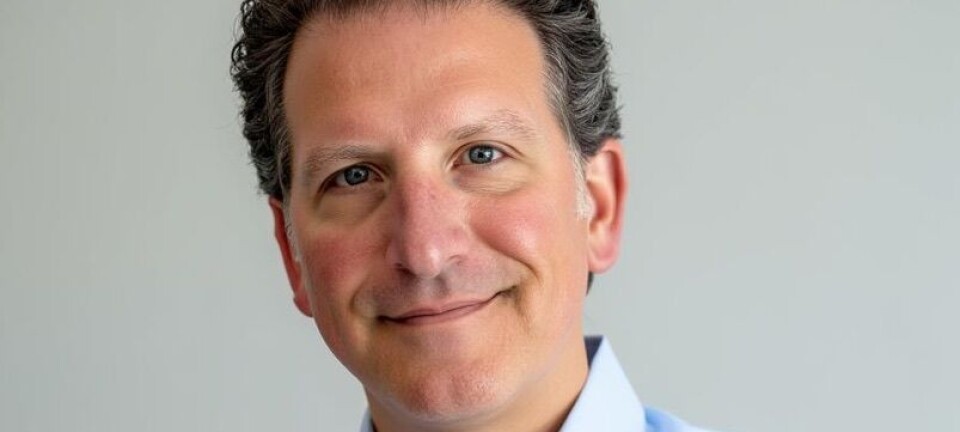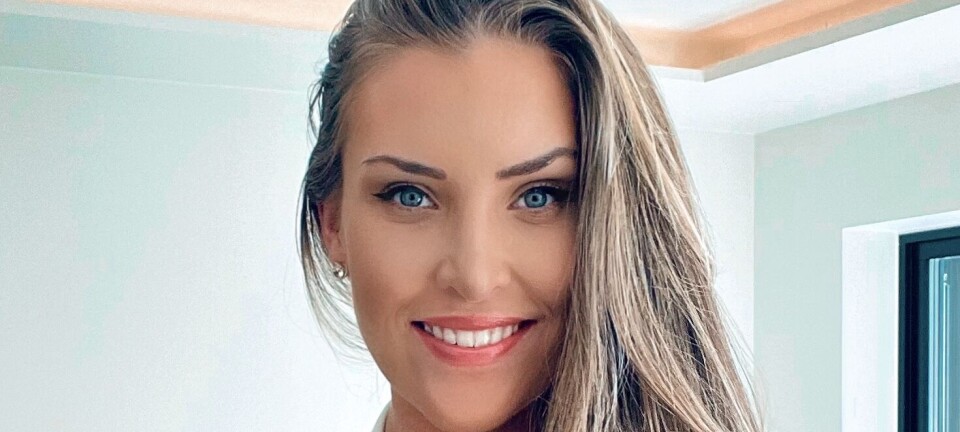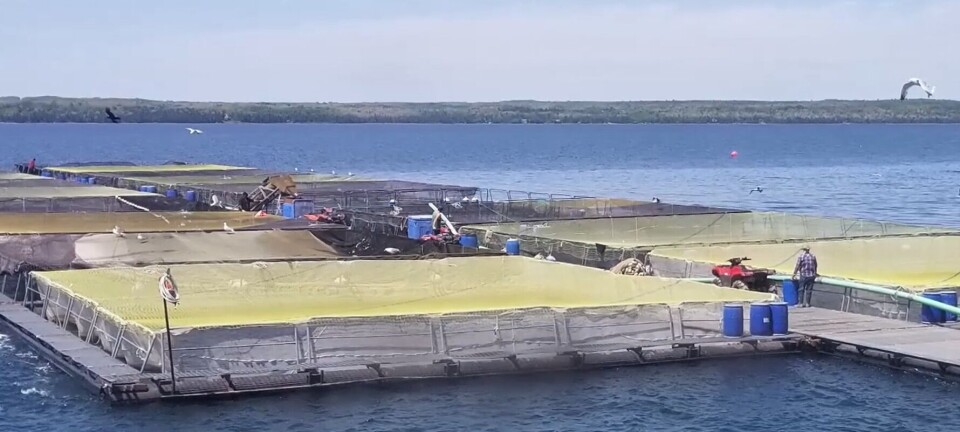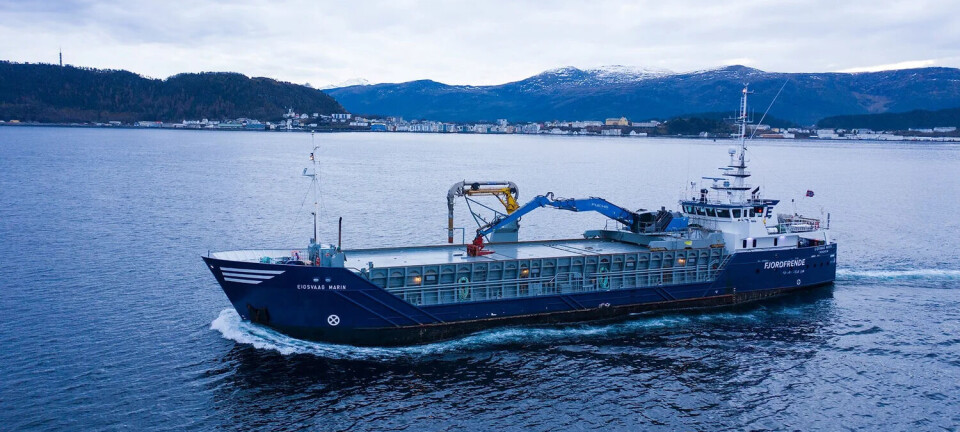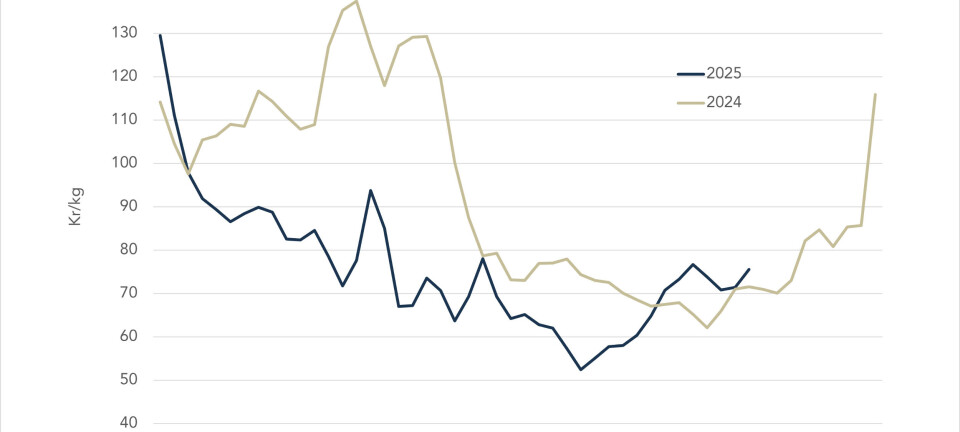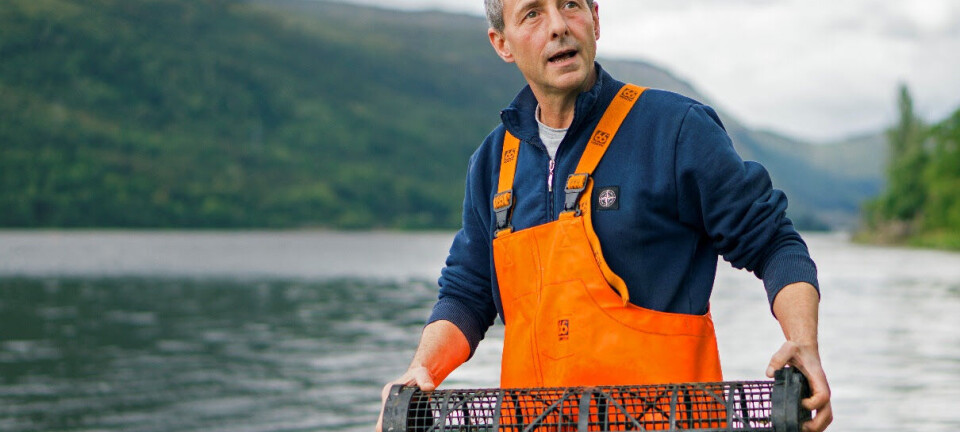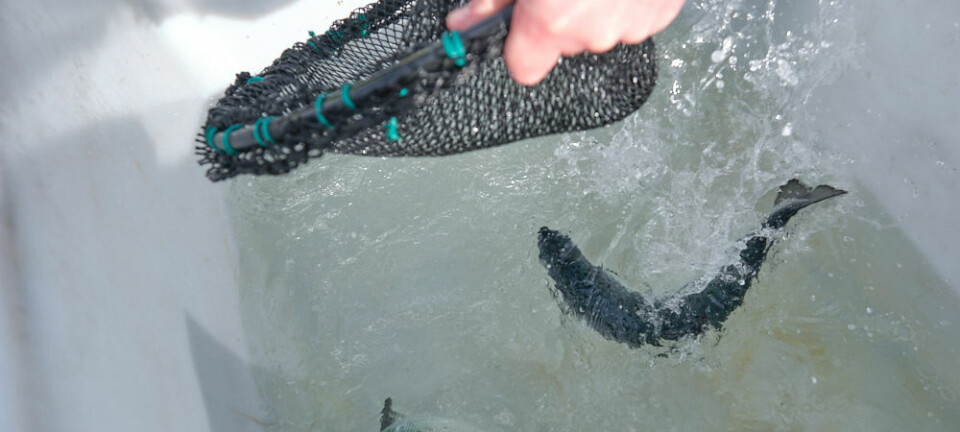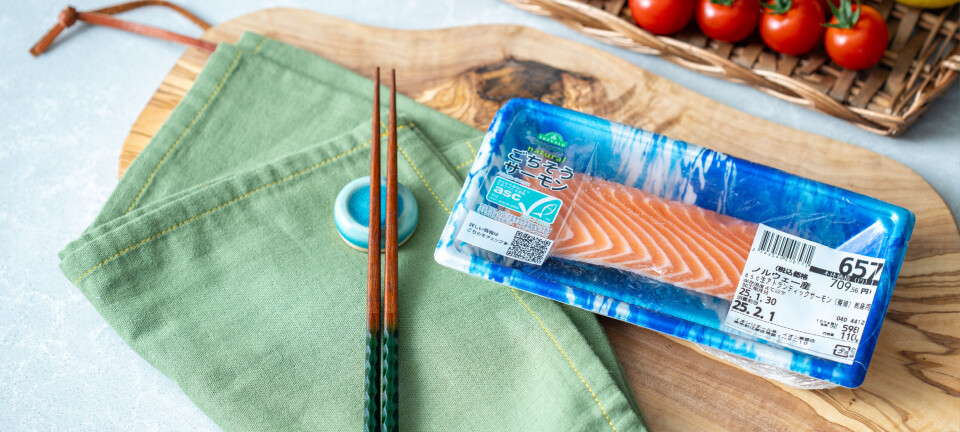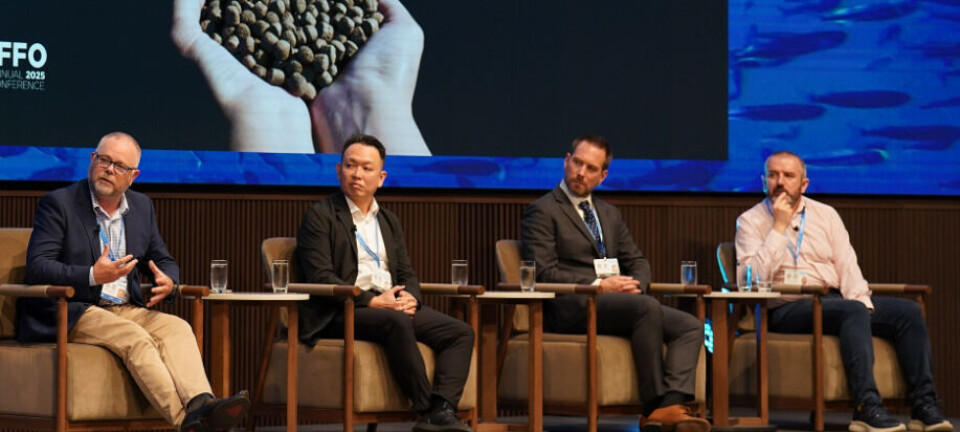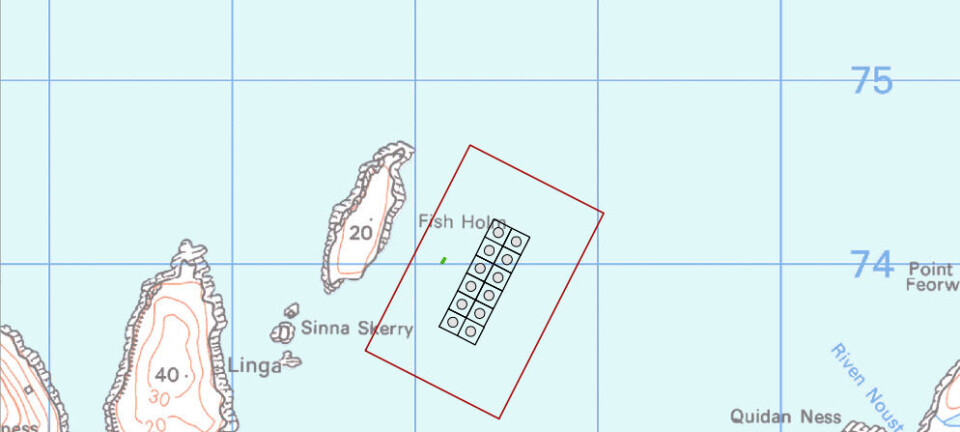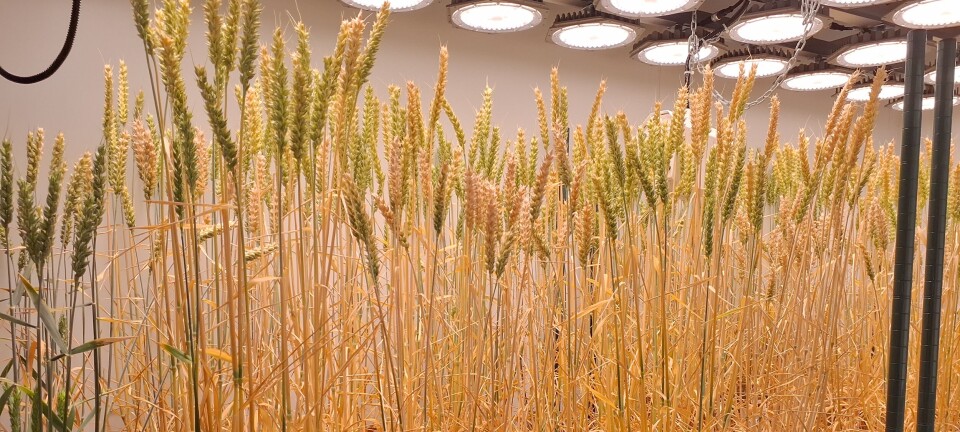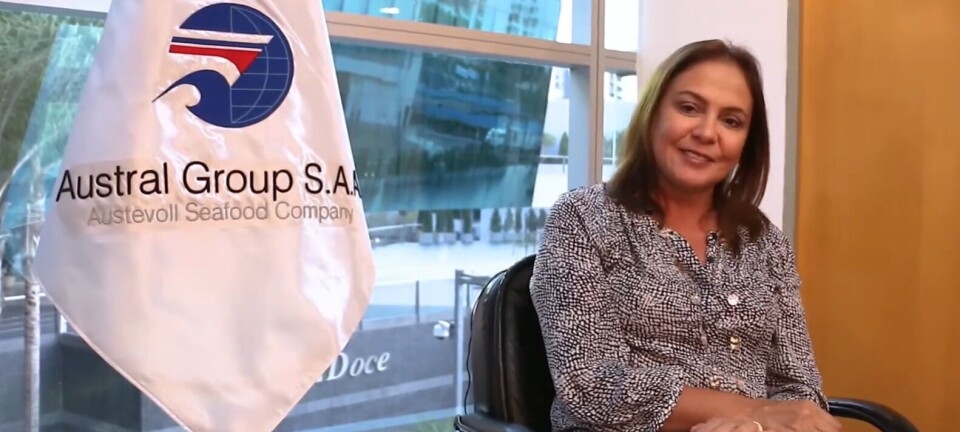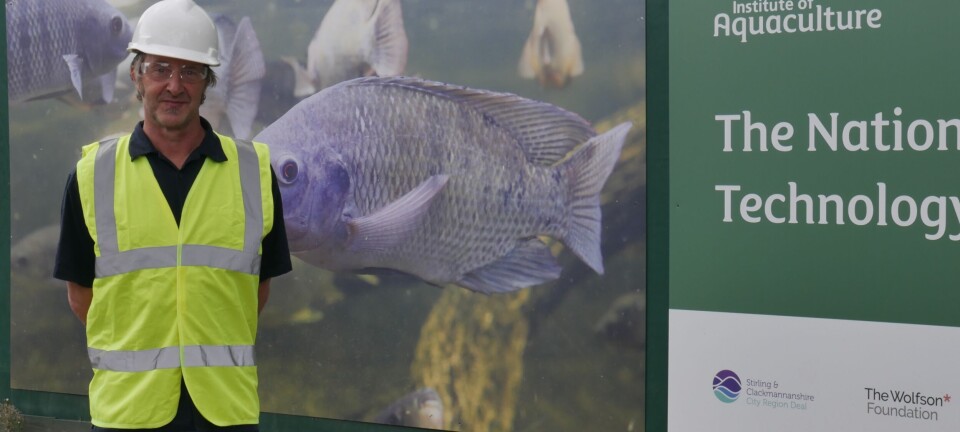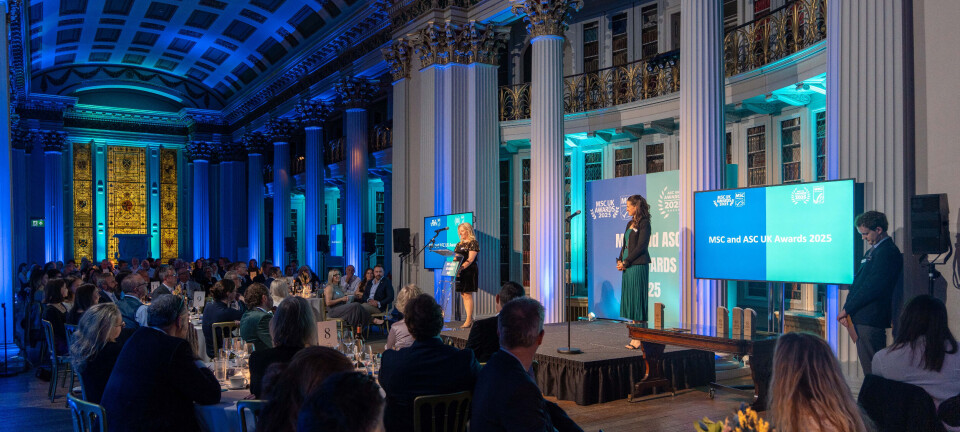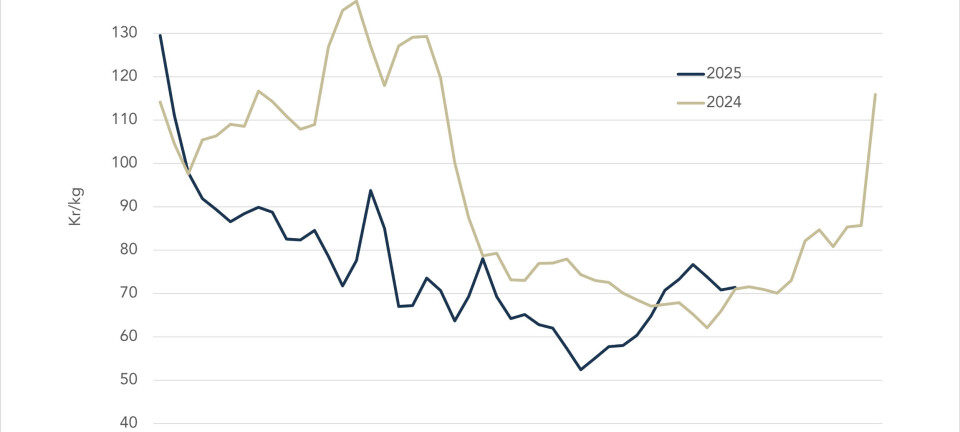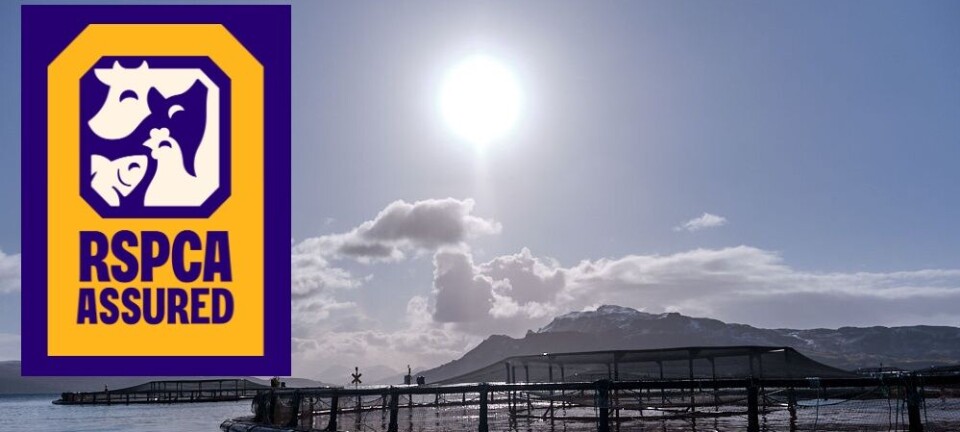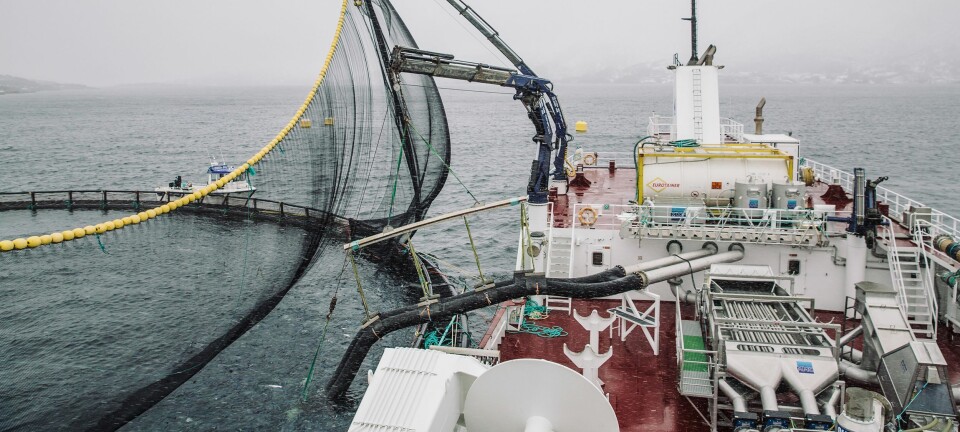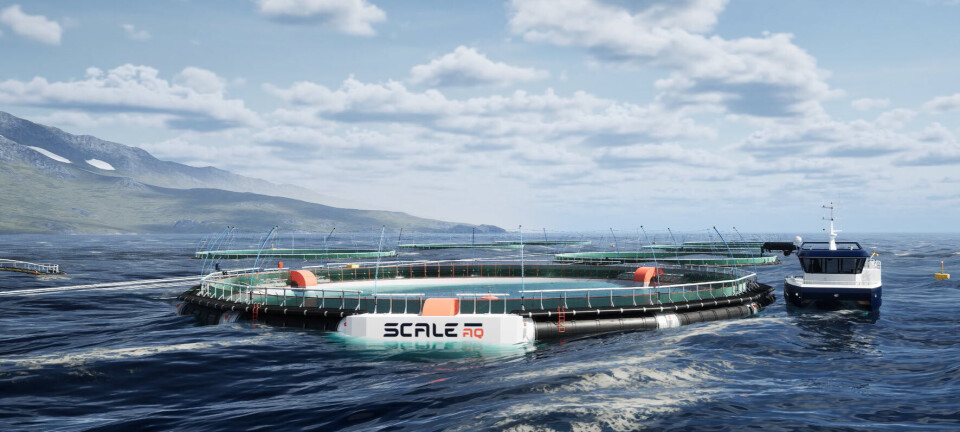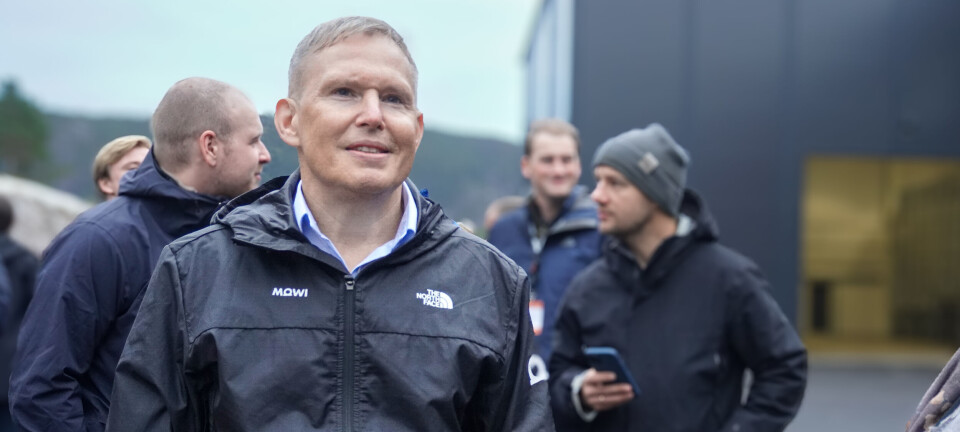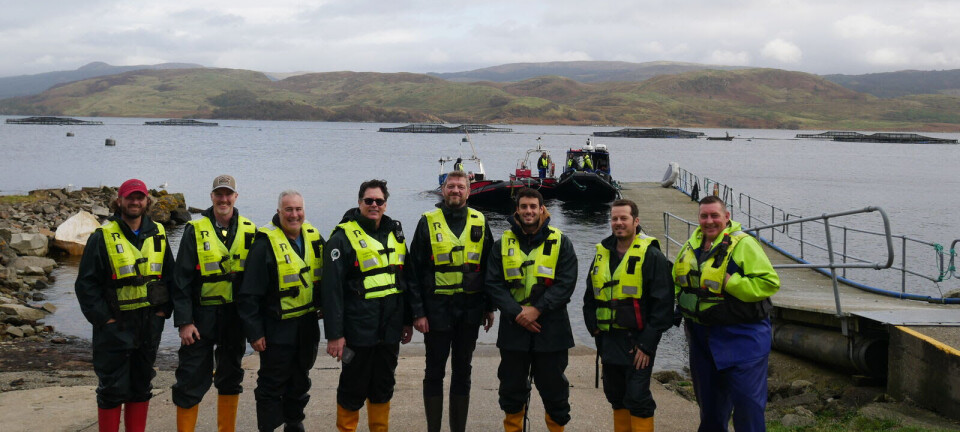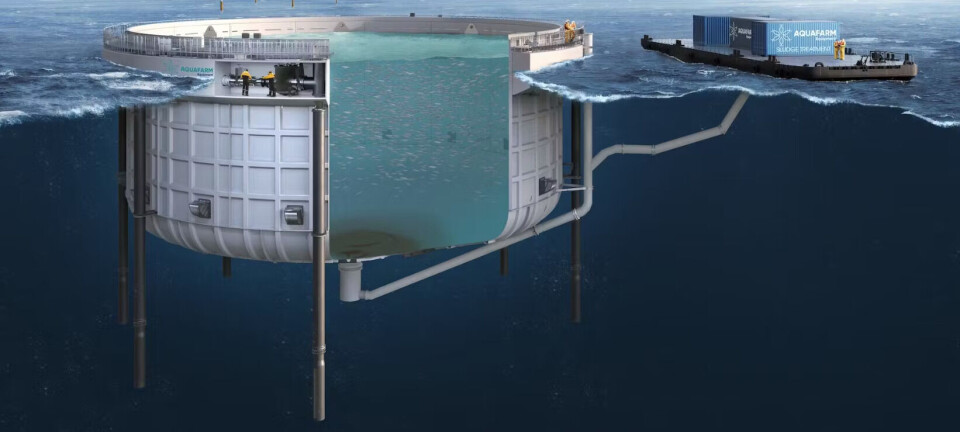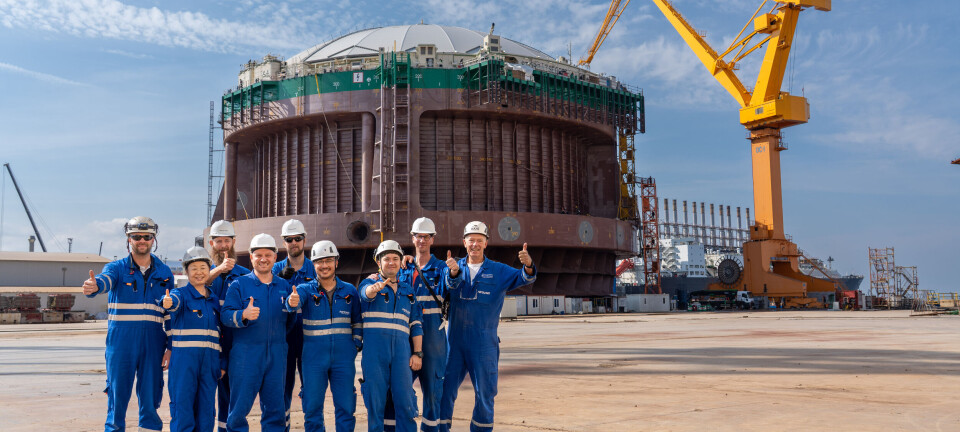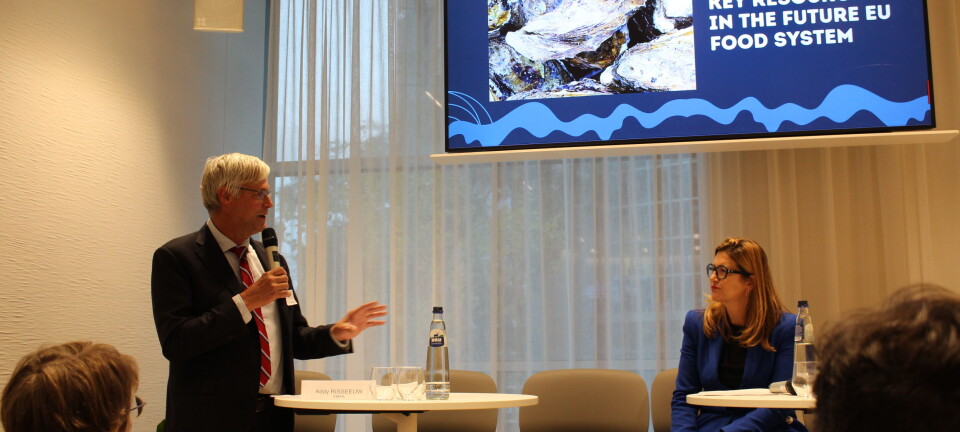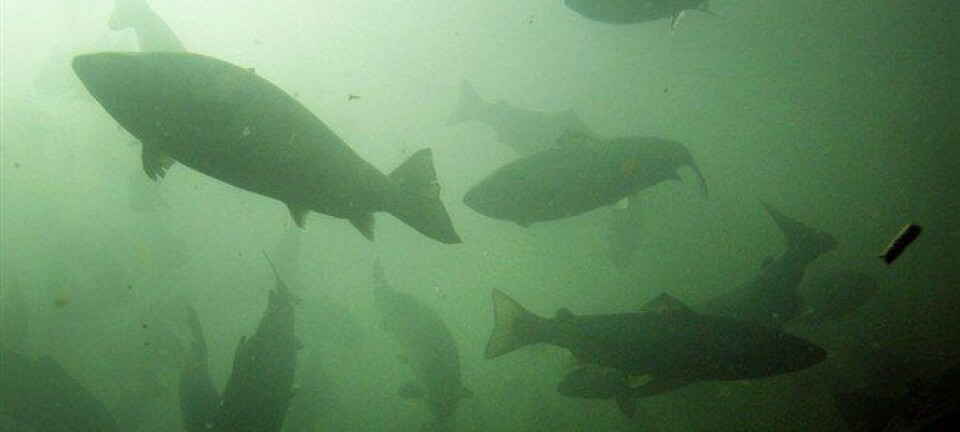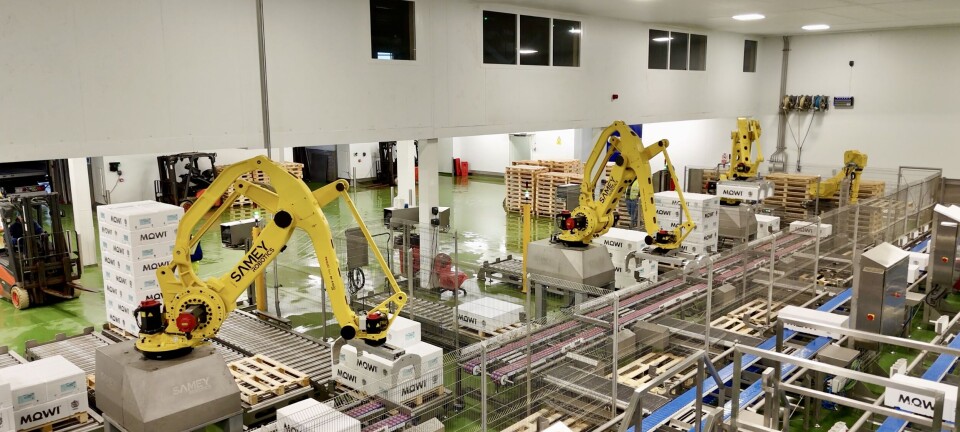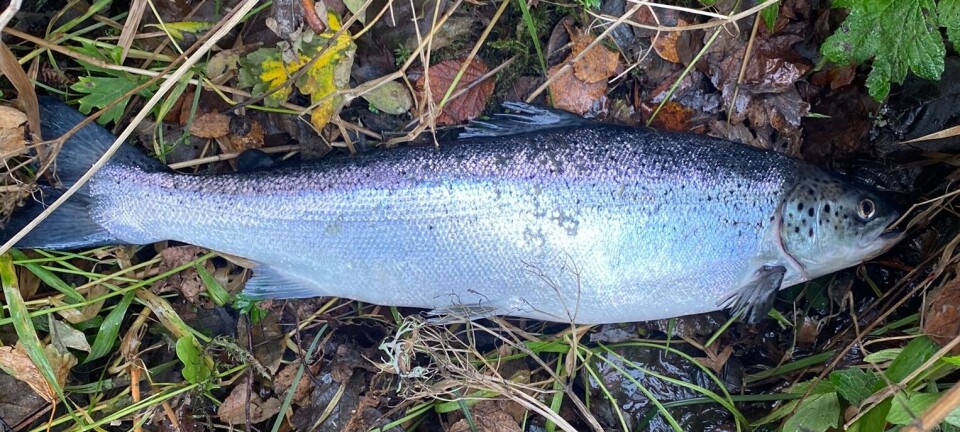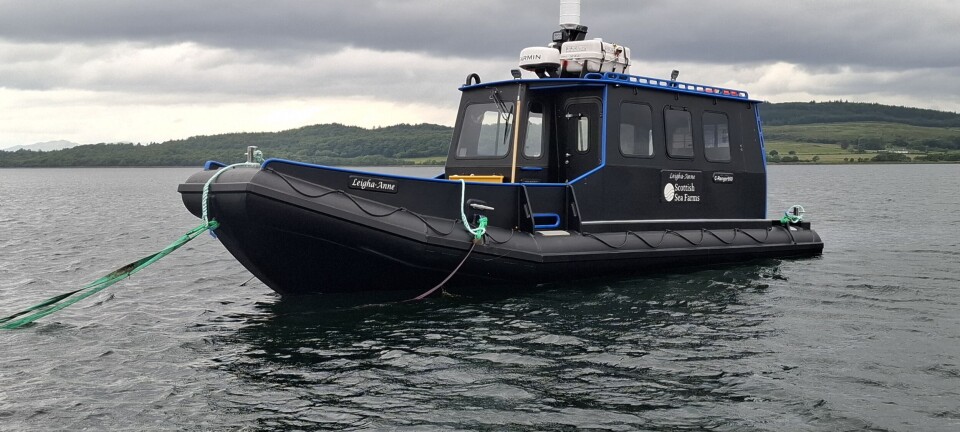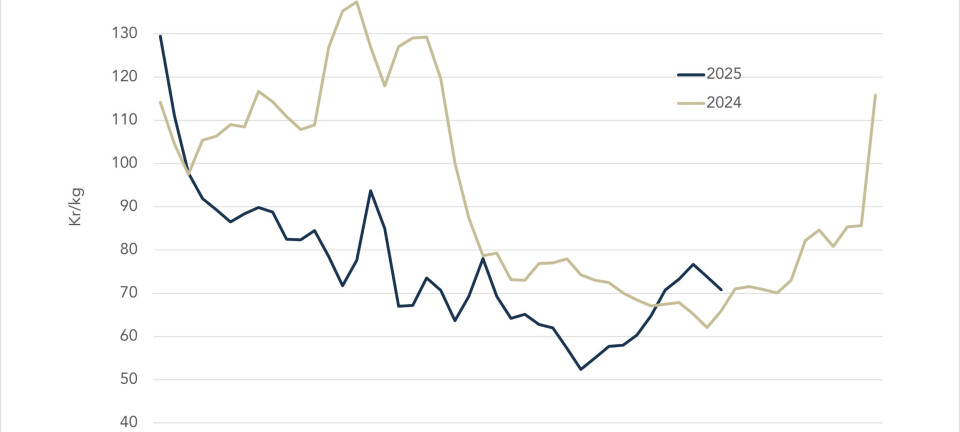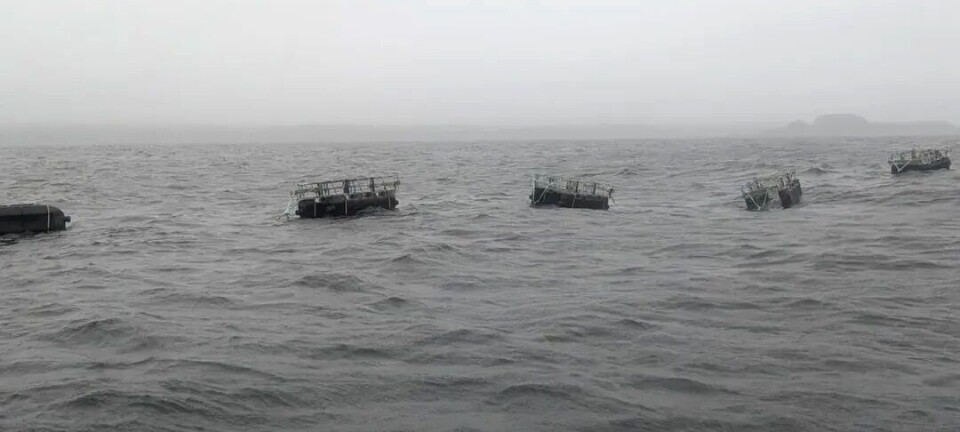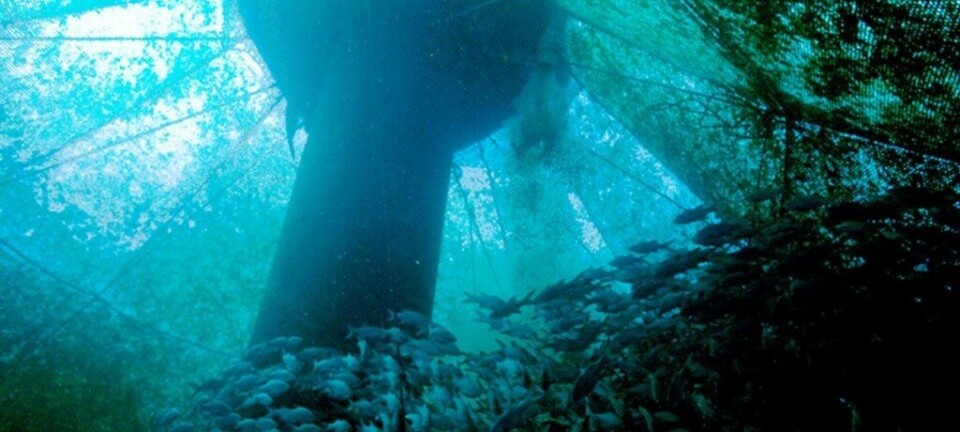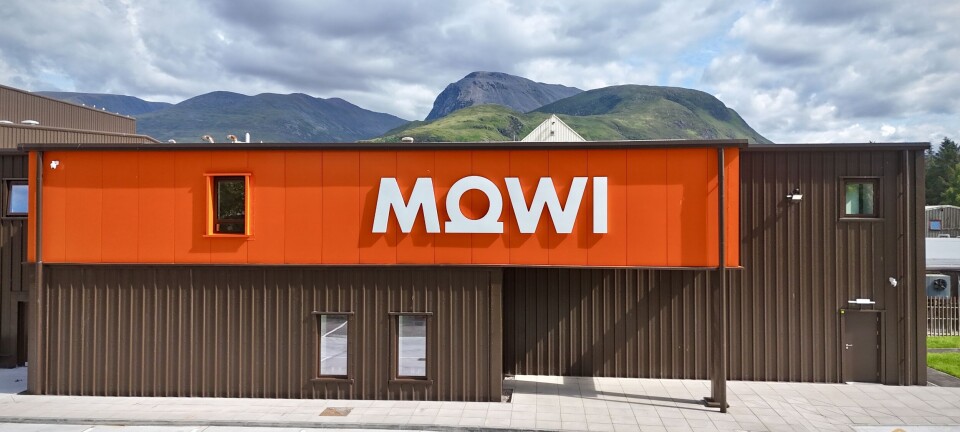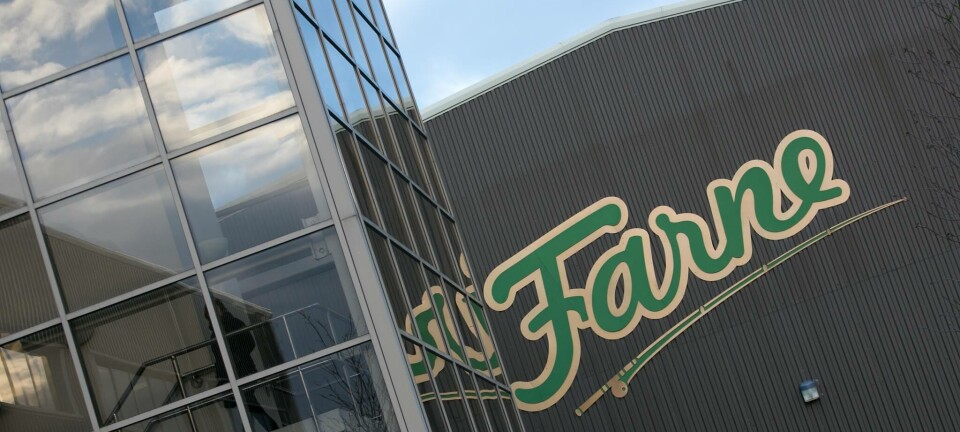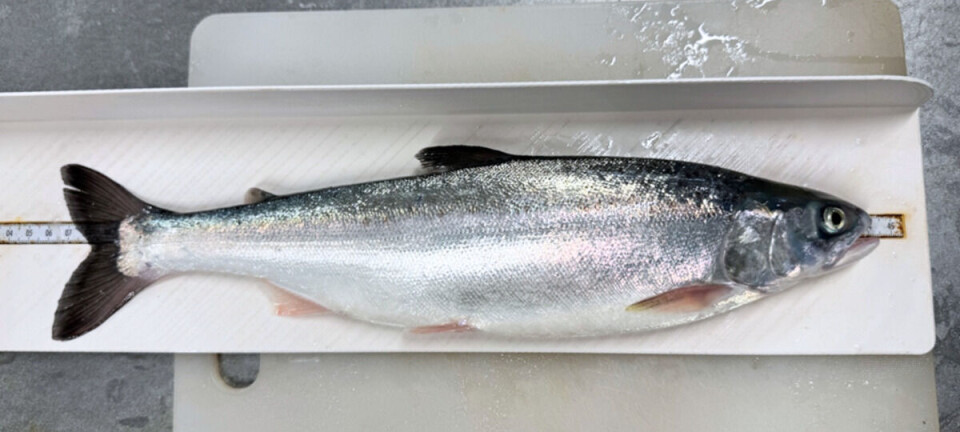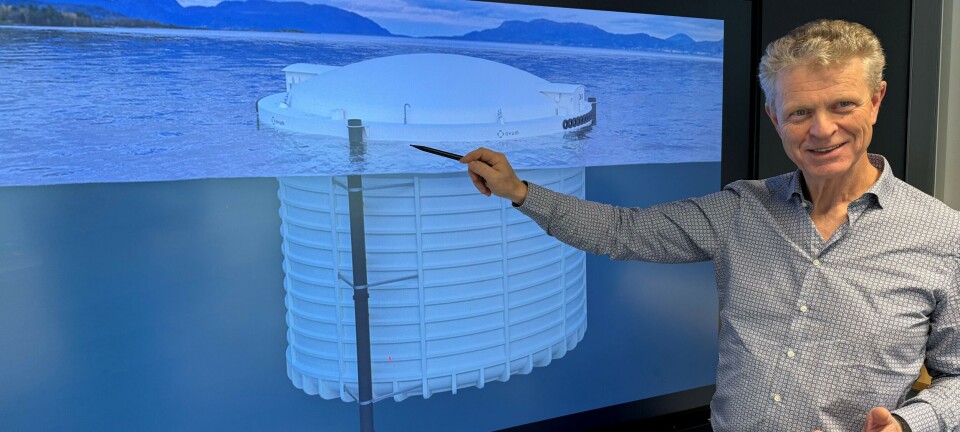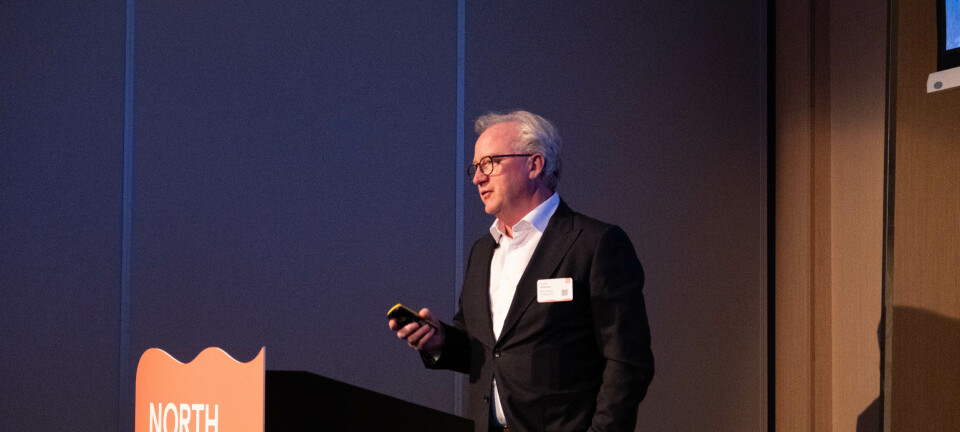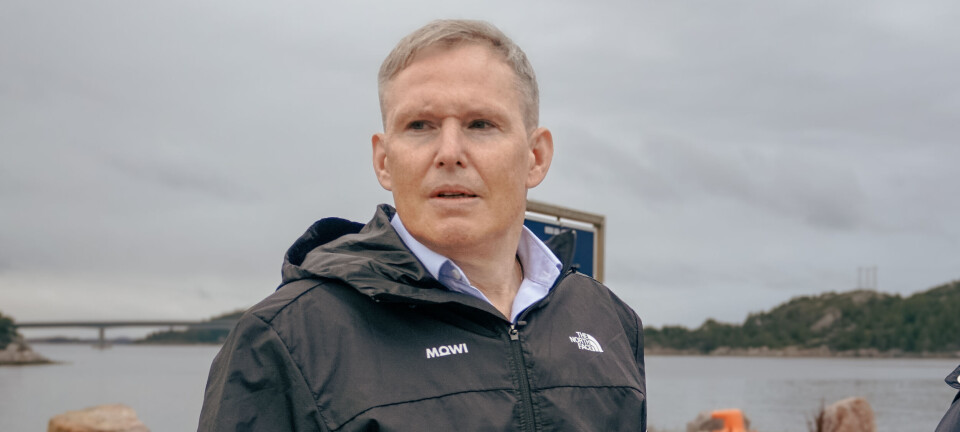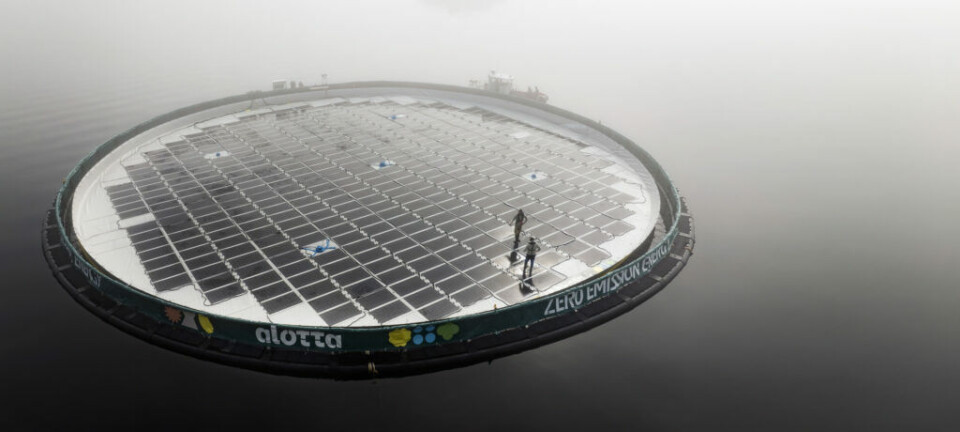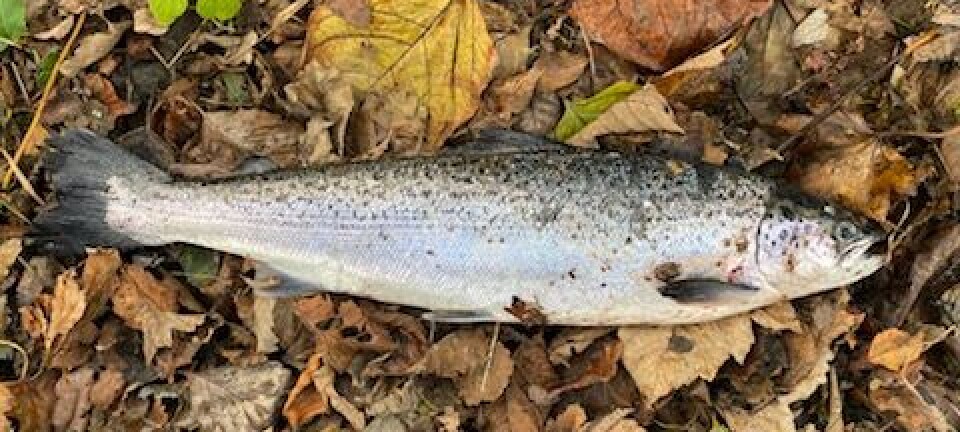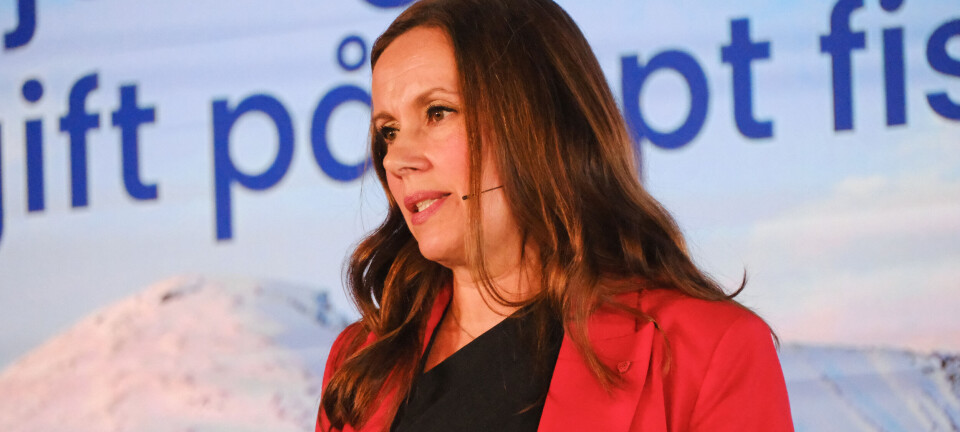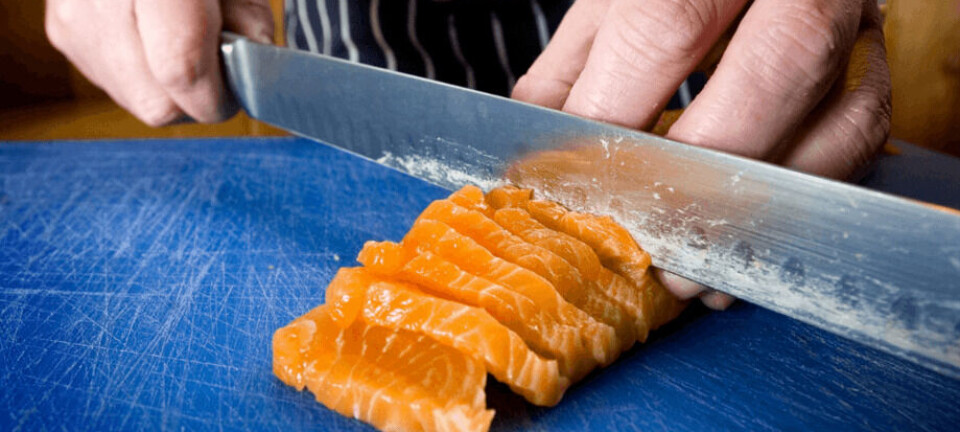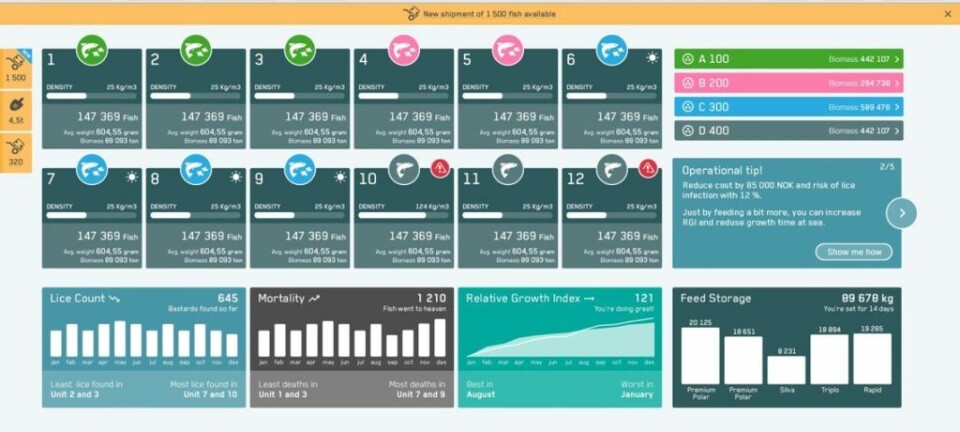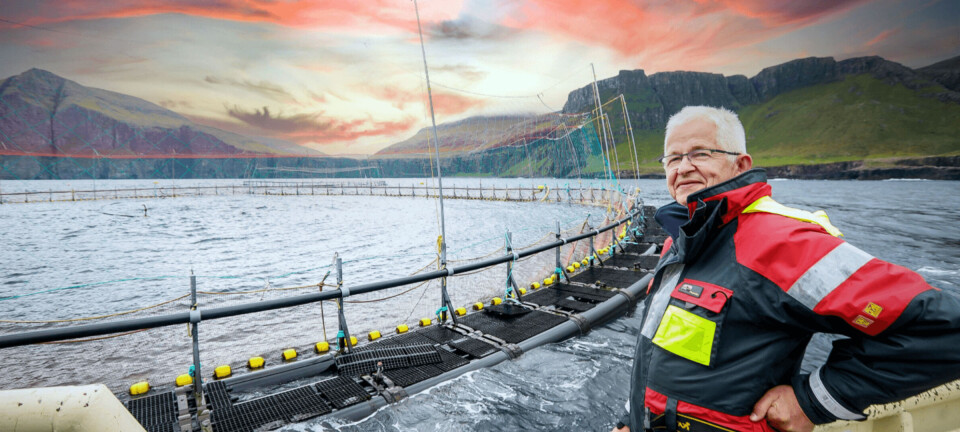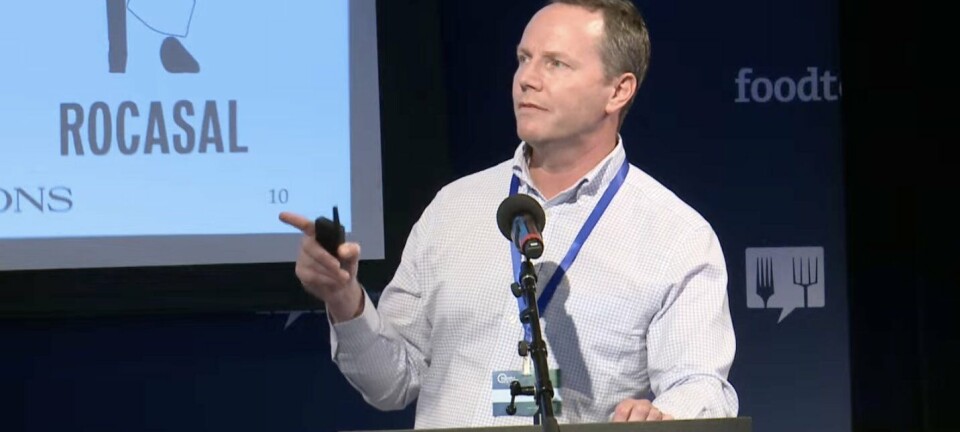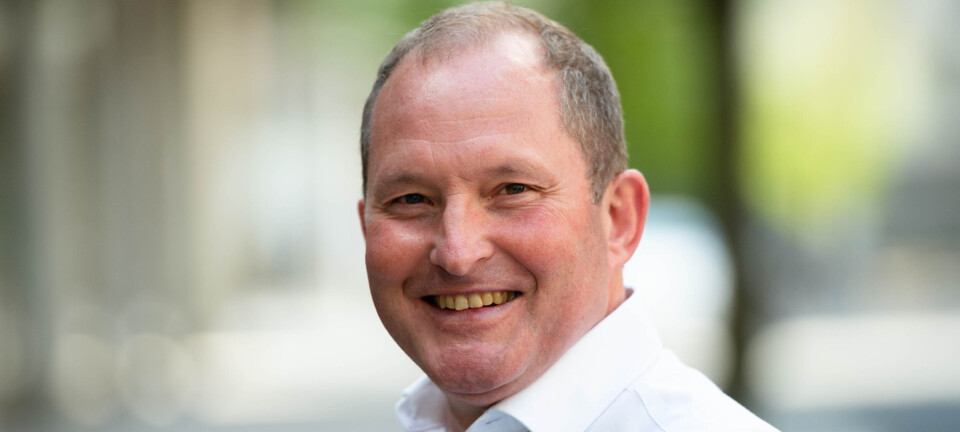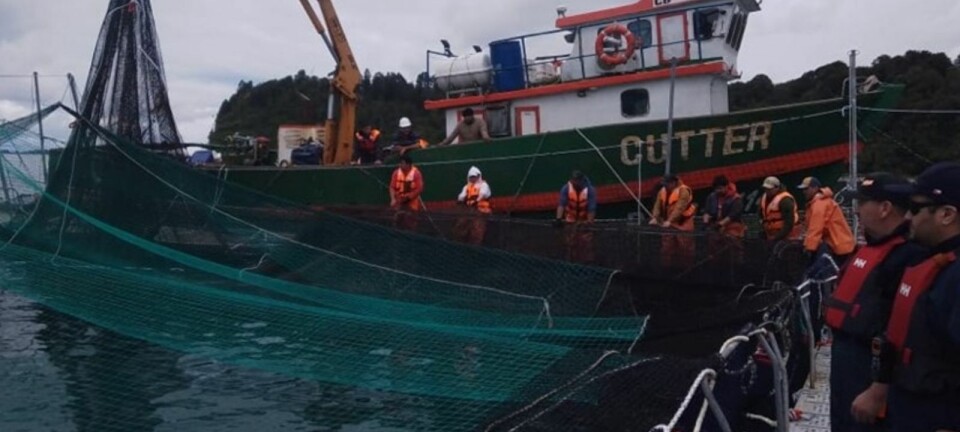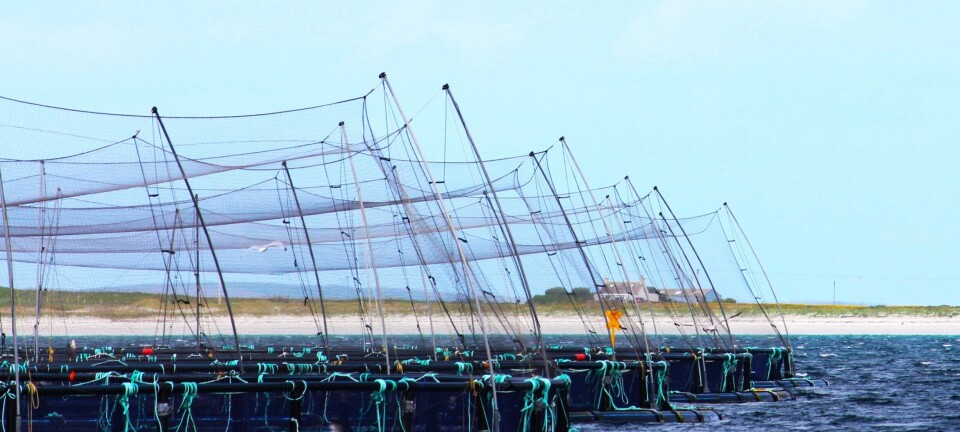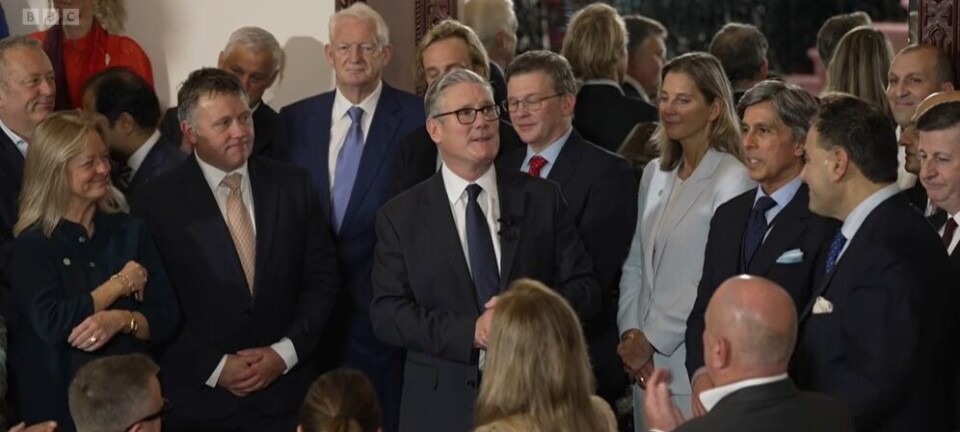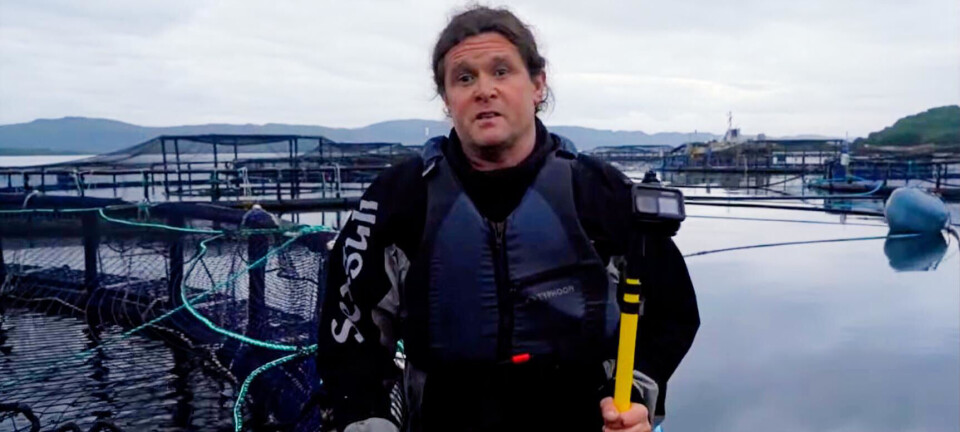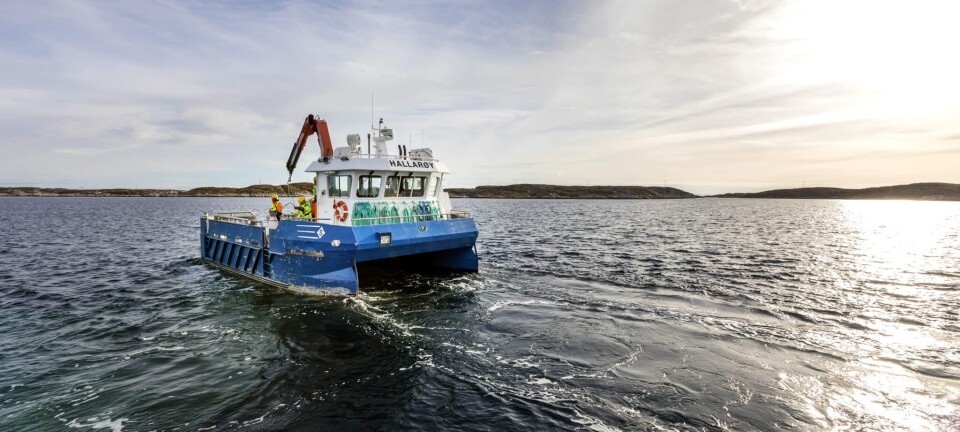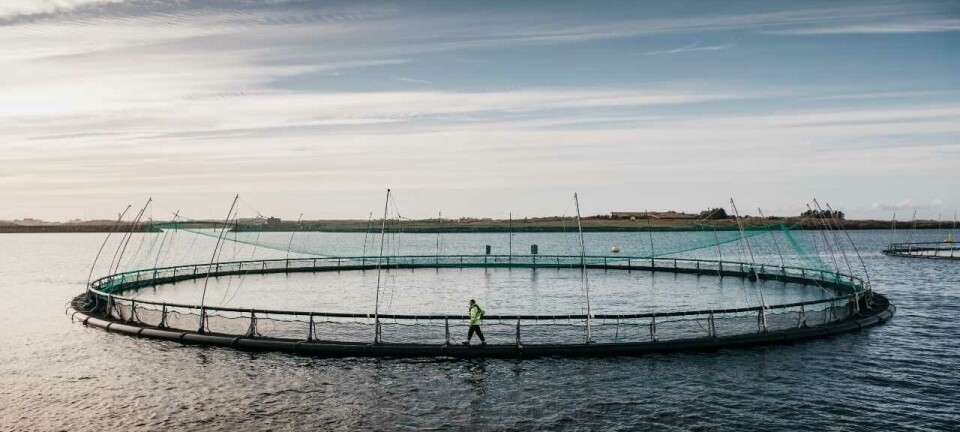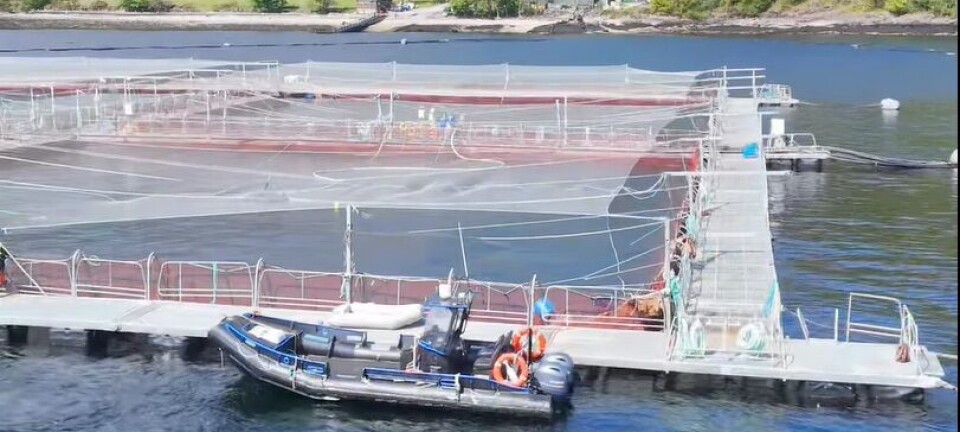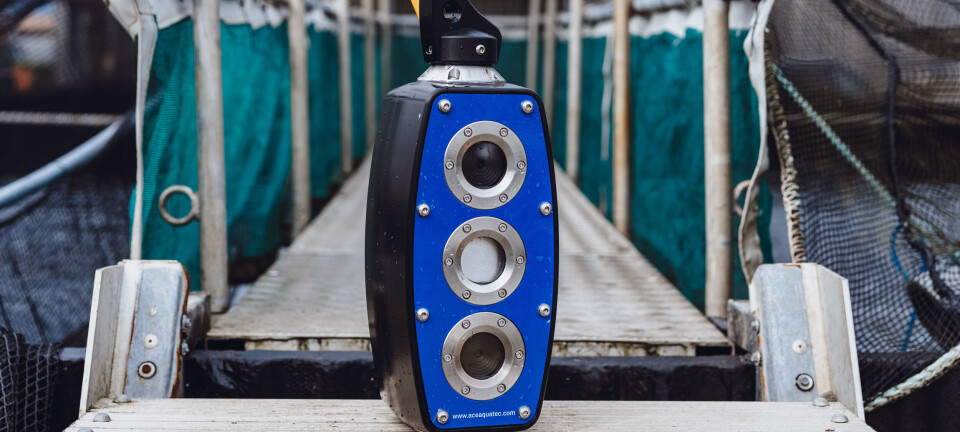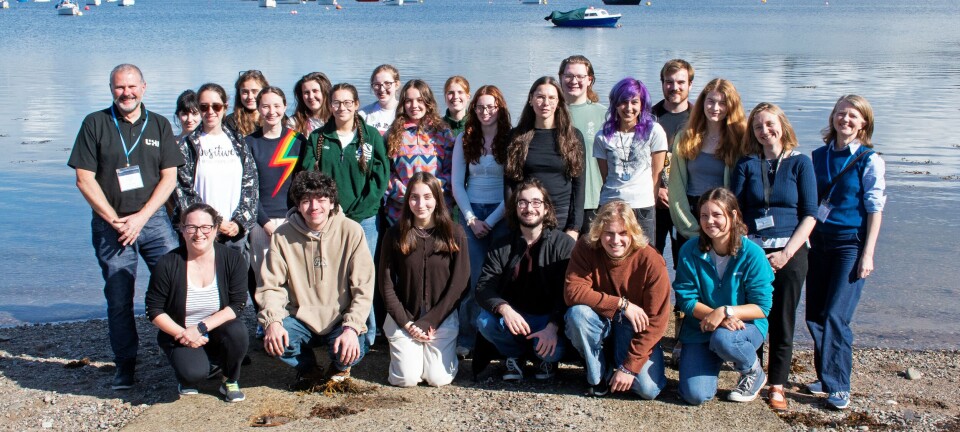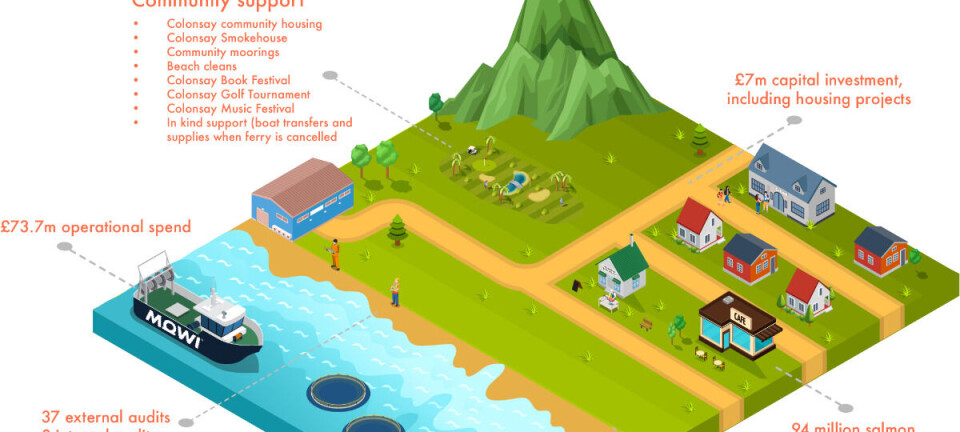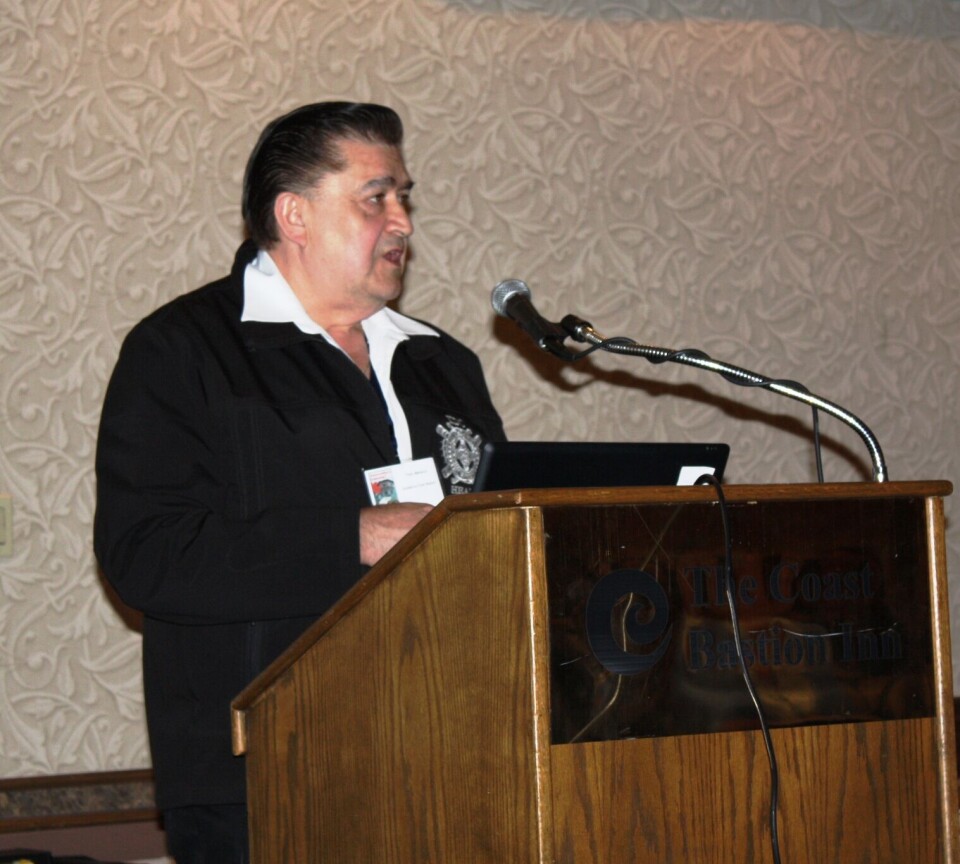
Canadian native leaders increasingly comfortable with aquaculture
Speaking during a session on Opportunities and Challenges for First Nations in aquaculture development at the Aquaculture Association of Canada's annual conference in Nanaimo, B.C. last week, Chief Tom Nelson of the Vancouver Island-based Quatsino First Nation stated his newly found support for aquaculture development.
Chief Nelson was one of five First Nation Chiefs and leaders that spoke during the afternoon session organized by the Aboriginal Aquaculture Association. Like all the other aboriginal speakers, Chief Nelson has a background in commercial fishing, which is no longer what it used to be. Chief Nelson claimed that he "received his PhD from his grandparents"- learning how to catch fish, operate clam gardens and fall timber for a living. He also worked at the last commercial whaling station in BC.
"Since the late 1990's, fishing hasn't been what it used to be", said Chief Nelson. "I looked hard at aquaculture when it came to my community, and at first I was 110% against it. Then I was invited to go to Norway with a First Nation delegation organized by the Aboriginal Aquaculture Association. I returned from that trip with a different view altogether about the farming of Atlantic salmon".
The Quatsino First Nation now has an agreement in place with Marine Harvest, which has salmon farming sites in the Quatsino Sound area- the traditional territory of the Band. The agreement provides the band with seed funding for economic development activities, and at the same time it provides Marine Harvest with a level of operational certainty. "There is only so much fish out there for us to catch, but now we are starting to grow oysters and mussels in order to develop a sustainable economy", said Chief Nelson. "We are also employing Band members in support of the fish farms here- offloading fish and providing other services".
